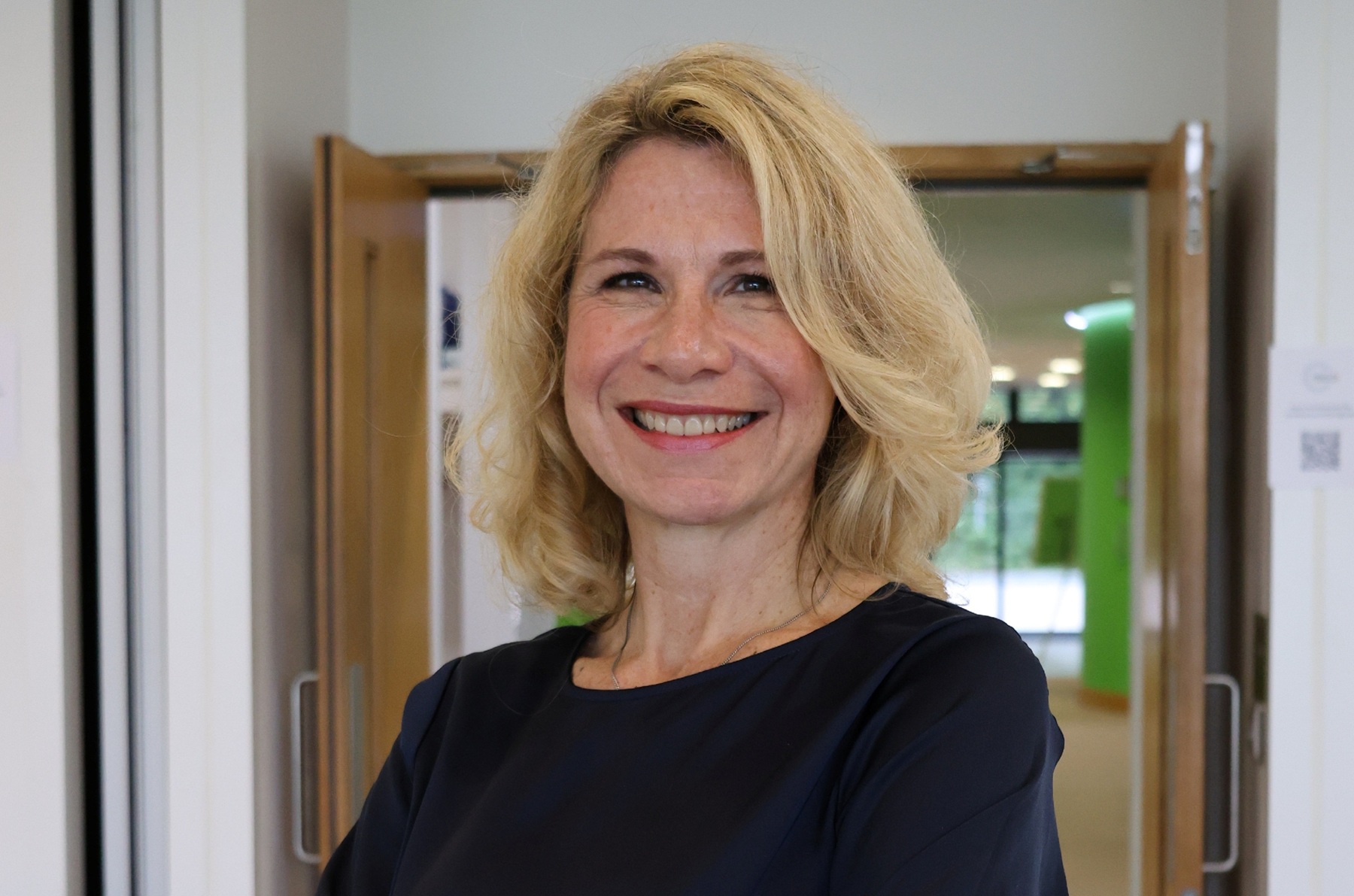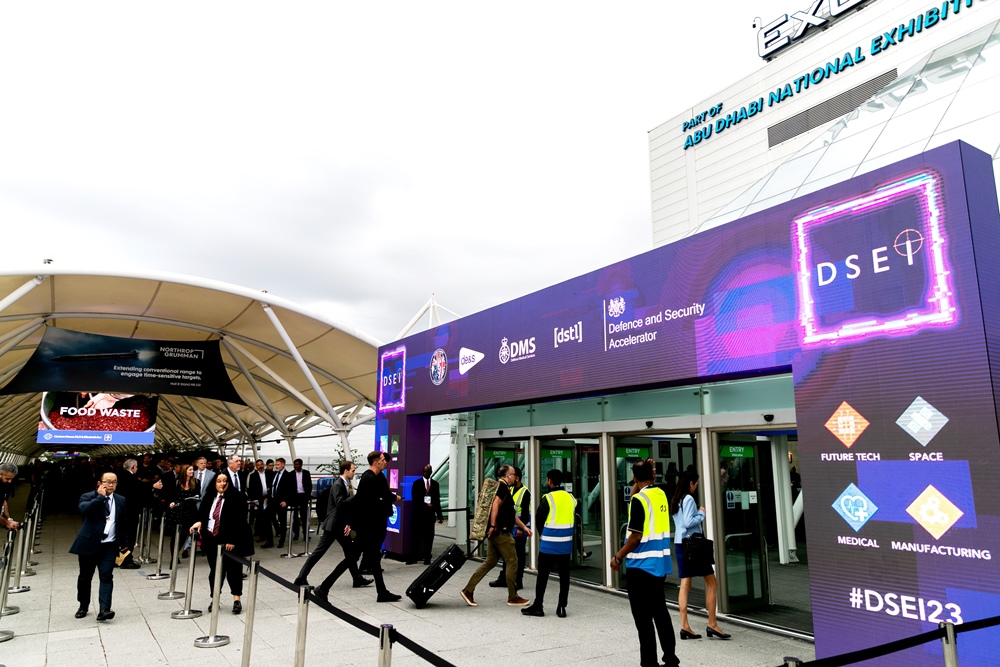Blockchain for aviation asset management
 Blockchain is one of the most discussed and intriguing technologies out there today.
Blockchain is one of the most discussed and intriguing technologies out there today.
I will not go too deeply into the specifics of how it works since that has been covered by many other sources. Suffice to say that it is a huge, global distributed ledger or database running on many devices and open to anyone within the blockchain. In the Blockchain, information, or anything of value can be stored. Its purpose is to ensure a 100% secure, verifiable and traceable database protocol.
So far, most use cases have been focused on the financial sector, including transaction management where costs are reduced by keeping property ownership and records or using it to track high-value goods, such as diamonds. There is, however, a huge untapped market in asset management - specifically in the commercial aviation industry.
Aviation – A highly regulated market with complex supply chains
A modern aircraft consists of roughly two to three million parts. It is crucial to know the provenance of these parts, i.e. original manufacturer and exact product model and version, in order to ensure they have the right specification and that they are not counterfeit. In addition, many of these parts are so-called 'tracked items'. Not only their provenance, but the entire maintenance history of these parts needs to be transparent.
Today, the many participants in an asset’s lifecycle - from manufacturers to transporters, maintainers and operators - each have their own disparate systems for managing assets. Consequently, it is quite difficult to establish and maintain a single version of the truth when looking at that asset’s entire lifecycle. Often, these records can be incomplete or non-digitised, where communication between the different participants is often conducted on paper or even verbally. Lack of standardisation leads to limited traceability and the cost for non-compliance can be high.
Yet what if all of these participants submitted a transcript of the transactions into a purpose-specific, distributed ledger — like blockchain, which only authorised participants would have access to?
The manufacturer would initially start the blockchain for the asset and each participant would add the relevant blocks to it. The distributor would let the chain’s participants know that the asset was transported from point A to point B, while the operator would register the number of flight hours that the asset has undergone.
Using blockchain for this asset management scenario would give you a 100% verifiable, traceable and trustworthy history of the asset’s lifecycle in real-time. Each individual participant in the chain still has the features and benefits of their own business applications to run their business.
Potential benefits for the blockchain participants:
- Improved data quality through minimised need for manual data entry by the various participants
- A single, traceable record of serial numbers
- Complete and more accurate maintenance history
- Increased trust between service providers, suppliers and operators
- Reduced cost for compliance
- More flight hours for the aircrafts due to improved reliability of parts
Integration is key
So how can we achieve these benefits? There are several players that need to work together to make this happen: the technology providers must work together with the regulating authorities, such as the FAA, and the airlines and their partners, as well as with software vendors. We all need to work together and be willing to share information to integrate with the Blockchain.
We are not there yet, as there are still several challenges to overcome. Things like technical performance need to be considered, as latency of transactions and computing power could stand in the way for achieving consensus within a chain. Data ownership, privacy and security must also be addressed.
There are certainly a few things to consider before blockchain succeeds in asset management but there is huge potential and a possible competitive edge for those who are willing to get in on the ground floor.












